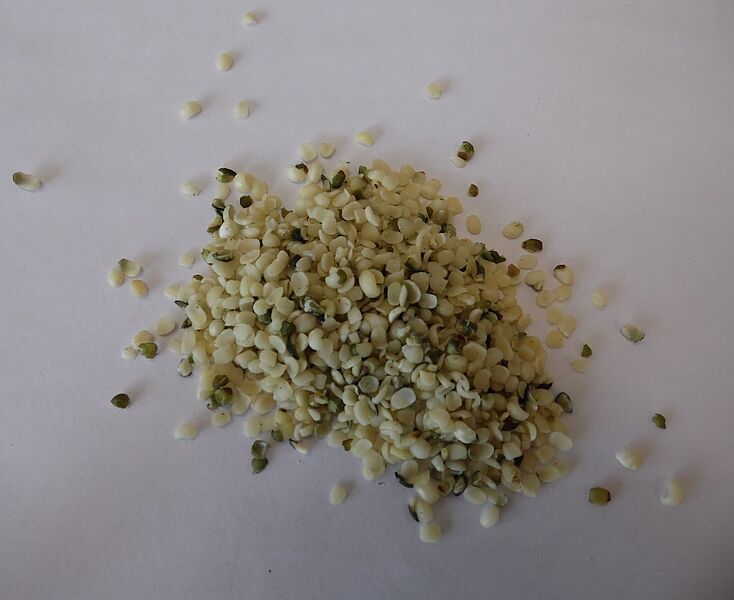Hemp – new superfood?
From the hemp plant to the finished hemp-containing food product, through close cooperation between our pharmaceutical and food experts, WESSLING offers continuous quality control from a single source.
Hemp – new superfood?

As hemp products are becoming increasingly popular as food, hemp seeds, hemp oils and hemp tea can now be found on many retail shelves. Processed products, too, are available for consumption: cereal and energy bars, breakfast cereals, hemp milk, hemp bread, beer with hemp oil, pesto, spreads and desserts. Another significant application of hemp is dietary supplements. Consumers enjoy the nutty, aromatic flavour of hemp seeds.
Rich in polyunsaturated fatty acids and B vitamins
What is the attraction of hemp-based foods with regard to health? Several points can be mentioned here. Hemp flour, for example, is naturally glutenfree. Hemp oil has an unusually high proportion – up to 80 percent – of polyunsaturated fatty acids. The ratio of omega-6 fatty acids to omega-3 fatty acids is in the nutritionally optimal ratio of 3:1. Hemp seed products often have high levels of B vitamins compared to other plant foods. Hemp seeds also have a high protein quality.
Constant monitoring of foods containing cannabinoids
In addition to these properties, hemp is characterised especially by its content of cannabinoids. Only delta-9-tetrahydrocannabinol (Δ9-THC) has a scientifically proven psychoactive effect. By their nature, hemp seeds contain little or no THC. Products in which the leaves and flowers are used, for example teas and oils, may contain certain levels of Δ9-THC. Above a Δ9-THC content of 0.2 percent, such products fall under the Narcotics Act and are therefore no longer considered as food. According to the German Federal Institute for Risk Assessment (BfR), the occurrence of psychomotor and psychogenic effects due to the Δ9-THC content of foods cannot be ruled out. Minimising and monitoring the levels in food is therefore advised.
Quality control from a single source thanks to WESSLING’s interdisciplinary approach
Our WESSLING experts monitor Δ9-THC content for manufacturers of hemp food products. We use laboratory analysis with appropriate GMP certification. The HPLC method used in our state-of-the-art laboratories has the advantage of differentiating between the individual cannabinoids – for example Δ9-THC, Δ9-tetrahydrocannabinolic acid (THCA) and cannabidiol (CBD). Of course, WESSLING can also analyse nutritional values, fatty acids, vitamins and residues.
Your contact person
- Léna Soukharevskoff
- +33 6 28 25 30 98
- lena.soukharevskoff@wessling.fr

